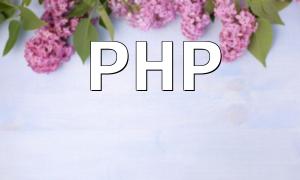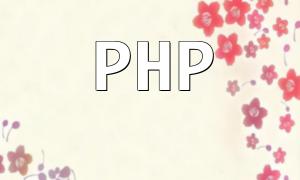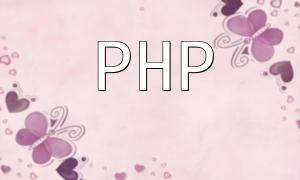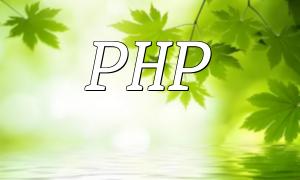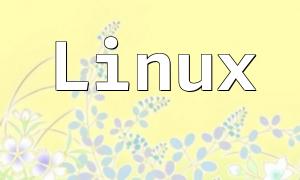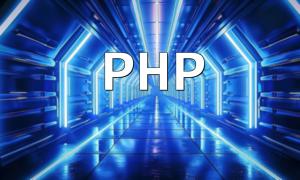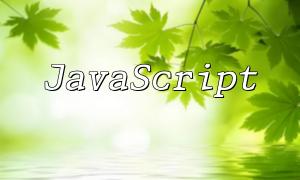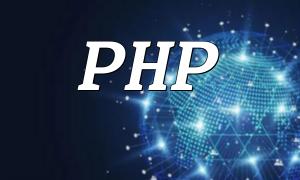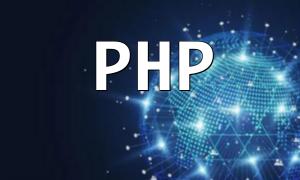PHP is a dynamic language widely used in web development, capable of seamlessly integrating with HTML or running as an independent script. PHP is commonly used in e-commerce systems due to its efficiency, ease of learning, and strong database support. Here are some of PHP's advantages in e-commerce systems:
PHP features simple syntax, making it easy to learn. Beginners can quickly create web applications like e-commerce systems by mastering basic syntax and common functions.
PHP provides high execution efficiency, enabling rapid handling of large amounts of requests while reducing server load, which is crucial for high-traffic e-commerce platforms.
PHP supports a variety of databases, such as MySQL, PostgreSQL, and Oracle. As e-commerce systems require extensive database interactions, PHP performs exceptionally well in this area.
A multi-user platform refers to a system that accommodates multiple users, each with its own account and permissions, enabling independent operations and management. Such platforms are widely used for social networks, e-commerce, blogs, and other systems.
An e-commerce system is an online shopping platform where merchants set up stores, and buyers can browse products and make purchases. E-commerce systems integrate merchants and buyers to provide an efficient shopping experience.
The MVC (Model-View-Controller) design pattern separates data, views, and control logic. This modular approach makes the program easier to maintain and expand, which is particularly suited for the development of multi-user platforms.
PHP has a wide range of open-source frameworks, such as Laravel, Yii, and CodeIgniter. These frameworks offer out-of-the-box functionality, making it easier and more efficient to develop multi-user platforms for e-commerce.
PHP supports many extensions, such as Memcache and Redis, which significantly enhance the performance and stability of e-commerce systems.
PHP boasts comprehensive documentation and an active developer community, allowing developers to quickly find resources and resolve issues during the development process, speeding up project timelines.
In addition to PHP, other programming languages are also widely used in e-commerce system development.
Java is a language widely used for enterprise-level system development and is suitable for building e-commerce systems. It features strong object-oriented programming capabilities, making code modular and maintainable.
Python is a simple yet powerful language ideal for e-commerce system development. With a large collection of libraries and frameworks, Python can significantly increase development efficiency.
Ruby is an elegant object-oriented programming language with concise syntax and a rich library. Ruby on Rails, a popular web development framework, enables rapid development of e-commerce systems.
PHP is one of the most popular languages in e-commerce system development due to its ease of use, efficient performance, and flexibility. The mature MVC frameworks, extensive developer community, and rich libraries make PHP an ideal choice for building multi-user platforms. Other languages like Java, Python, and Ruby are also suitable for e-commerce system development, and developers can choose based on their needs and preferences.
